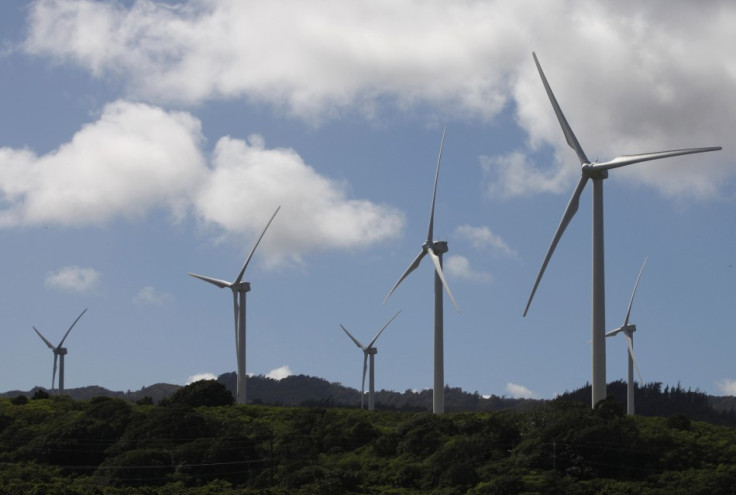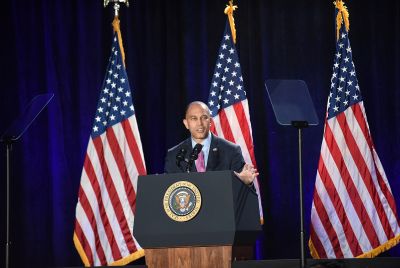MPs Warn Energy Plan Unworkable because of Treasury Changes
Energy and climate change committee claims consumers can expect higher energy bills.

MPs have warned that the government's low-carbon energy proposals have been hamstrung by Treasury changes that could make them unworkable.
In a report on the government's draft energy bill, which maps out the Coalition's plans to move towards a low-carbon energy industry, the energy and climate change committee claims the proposals could "impose unnecessary costs on consumers, lead to less competition and deter badly needed investment".
The government hopes to atract billions of pounds in green energy investment through the new proposals. However the committee claims that Treasury caution could undermine these ambitions.
Tim Yeo MP, chair of the committee, said: "The government is in danger of botching its plans to boost clean energy, because the Treasury is refusing to back new contracts to deliver investment in nuclear, wind, wave and carbon capture and storage."
'Contracts are too complex'
Furthermore, the committee is strongly critical of perceived Treasury intervention in a new system of long-term contracts, which aim to reduce the risk of green energy investment by giving power companies a guaranteed price for the low-carbon energy they produce.
The committee claims that the Treasury has drastically amended the proposed system by making private energy companies, rather than the government, responsible for guaranteeing the contracts. The report says that the plans are now "too complex, and possibly not legally enforceable".
Competition is another major concern addressed by the report. The committee claims that the government is failing to foster competition in the energy sector, with the new contract system proving more amenable to the bigger companies.
Yeo warned that "community-owned energy projects and small independent generators are in danger, under the current plans, of being squeezed out," adding:
"The committee is worried that decisions about support for new nuclear power stations are being made 'behind closed doors', and calls for an independent expert to inspect any agreements to ensure they are delivering value for money."
To provide additional incentives for power companies to cut their carbon emissions, Yeo said his committee advocates the introduction of incentives, as well as the creation of "a clear target to largely decarbonise the electricity sector by 2030, [which would] provide investors with greater certainty about the direction of energy policy."
'The government has a lot of work to do'
Overall, Yeo said that "the new contracts proposed by the government will not work for the benefit of consumers in their present form.
"The government has a lot of work to do over the summer to make sure that the bill is fit for purpose in the autumn, and is not subject to any further delays."
Responding to the committee's comments, the Institute for Public Policy Research said it was time the government went "back to the drawing board", adding:
"This scathing report shows that, once again, the Lib Dems are losing out to the Tories in Whitehall. To step out of the shadow of his predecessor, Ed Davey [energy secretary] must go back to the drawing board and develop proposals which will keep energy bills down, improve competition and encourage essential investment, rather than deferring to the short-term thinking of George Osborne.
"It is crucial that Ed Davey heeds the Committee's warning that a 2030 decarbonisation target for the electricity sector is essential for investor confidence."
The Treasury has declined to comment on its level of involvement in the bill's drafting. A spokesman said: "We have conversations with all departments, due to the nature of what the Treasury does, but we don't answer questions about other departments' policies."
© Copyright IBTimes 2025. All rights reserved.





















